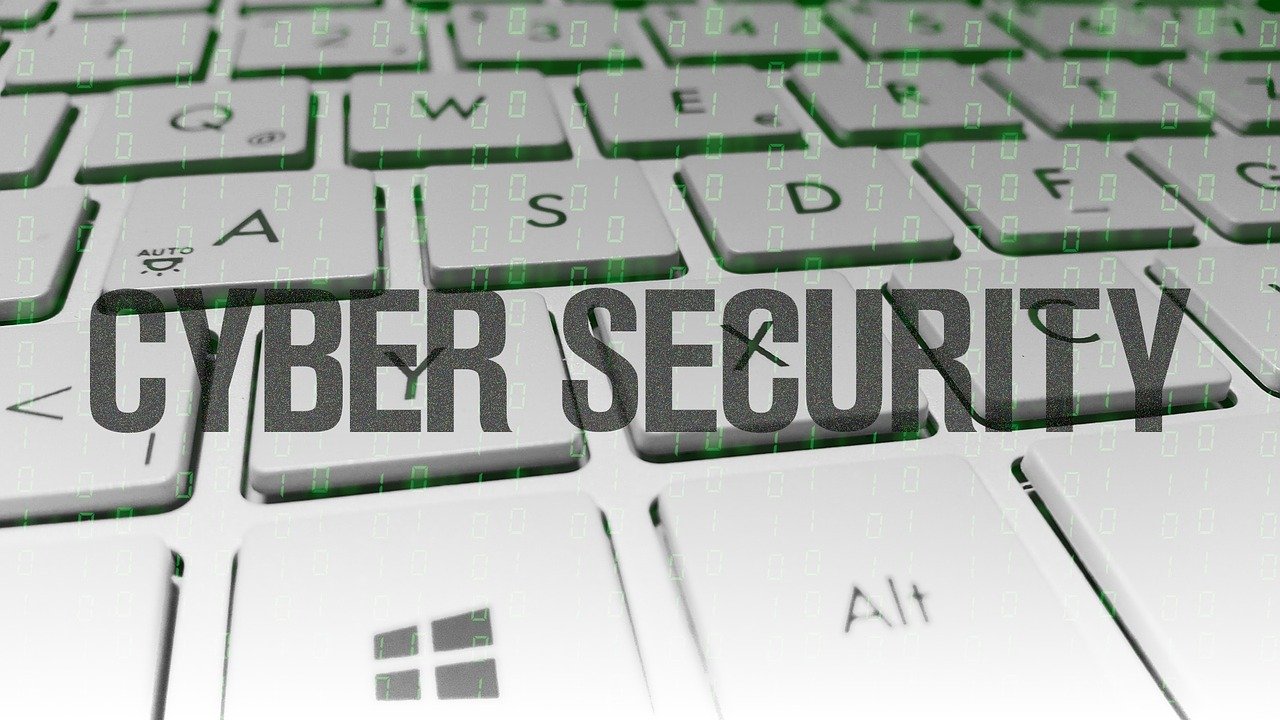As the rate of cyberattacks continues to rise, businesses are under more pressure than ever to enhance their online security. Working with IT professionals and security specialists can help to keep your systems protected and your data secure, but installing advanced firewalls and monitoring for threats isn’t always enough.
Studies show that human error is the leading cause of security and data breaches, which means your employees could inadvertently be putting your business at risk. Due to this, it’s vital to educate workers about cyber security. To get started, take a look at these top tips for training your staff in the importance of cyber security:
1. Explain the Threats
Today’s cyber security threats are highly sophisticated and hard to recognize. If your staff are unfamiliar with what ransomware is, how malware works or why DDoS attacks are launched, they won’t be able to identify a threat when it emerges. By making sure your staff are familiar with the most common types of cyber security risks, you can increase the chance of them being able to recognize potential attacks on your systems.
2. Implement Usage Policies
When your employees are using devices for work purposes, usage policies can prevent them from checking their personal email accounts, browsing social media and visiting other, potentially unsecure, sites. This lessens your company’s vulnerability and gives hackers fewer chances to infiltrate your systems.
3. Use Password Vaults
When staff are using a range of systems or software, they will have numerous passwords they need to remember. This means it’s more likely that people will use the same password for multiple sites or choose a simple password that’s easy to remember – and easy to hack. Strong passwords consist of a mix of uppercase and lowercase letters, as well as numbers and special characters. As a strong password doesn’t contain recognizable words, they can be tricky to remember. However, storing passwords in a secure vault ensures staff won’t have problems logging in and will be able to use strong passwords at all times.
4. Highlight the Consequences
A data breach or security threat may not seem particularly serious to workers who are unfamiliar with the impact these security issues can have. By explaining the consequences of a cyberattack, such as financial sanctions, reputational damage and reduced workload, you can reinforce why it’s so important for staff to adhere to security policies and protocols. Similarly, accessing cyber security services and relying on professionals to help train your staff, you can ensure that employees are aware of the risks they’re encountering every day.
5. Provide Frequent Updates
New cyber threats emerge all the time, so you’ll need to provide regular updates and frequent training if you want your employees to be able to keep up with security measures. By making cyber security training a regular part of your staff development, you can ensure your employees have all the information they need to help keep your business secure.
Enhancing Your Cyber Security Strategy
A proactive approach to cyber security is essential if you want to avoid the harm that an attach can cause. With continual threat monitoring and frequent staff training, you can optimize your security strategy and minimize the risk of attacks.
